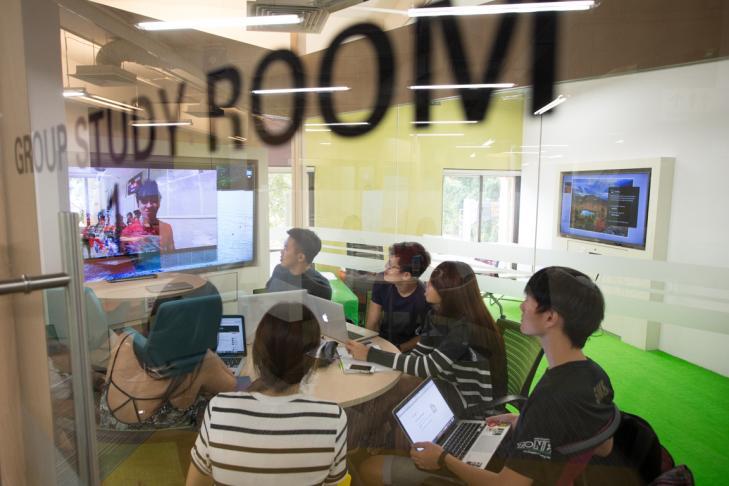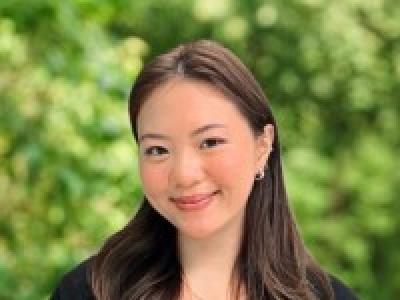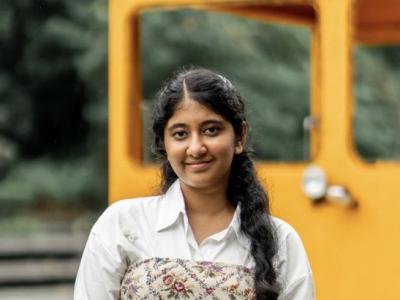
7 Mar 2016
Singapore, 7 March 2016 (Monday) – Singapore Management University (SMU)’s innovative pedagogy, SMU-X, has been lauded by global accreditation body AACSB International (AACSB) as an ‘innovation that inspires’. It is one of the 30 award-winning innovations that stood out from more than 300 submissions received from over 200 institutions across 35 countries. SMU is the only institution in Singapore, and one of three in Asia to be recognised in AACSB’s inaugural ‘Innovations That Inspire’ initiative.
The accolade commends and affirms AACSB member schools for their efforts in innovating and diversifying the global business education environment, and for making a positive impact on society. In particular, AACSB recognised SMU’s exemplary efforts for innovations in the ‘pedagogy and learning’ category.
This international accolade comes close on the heels of strong support that the University has received from the Singapore Ministry of Education (MOE) for SMU-X. The SMU-X pedagogical approach to prepare students with future work skills was awarded a S$152,000 Tertiary Education Research Fund (TRF) grant in November 2015. The grant is awarded on a competitive basis and supports applied educational research across the institutions of higher learning in Singapore. SMU-X was also shortlisted for the Wharton-Quacquarelli Symonds Stars Reimagine Education Awards 2015 held in the United States in December 2015.
About SMU’s award-winning SMU-X initiative
SMU launched the SMU-X initiative in 2015 following three-and-a-half years of study and conceptualisation. Through SMU-X, the University introduced across all its six Schools innovative and fresh curriculum that is multi-disciplinary and hands-on, and also created unconventional, flexible spaces for 24/7 use that meet the usage patterns and behaviours of the millennial student.
Four key principles characterise all SMU-X courses: (i) inter-disciplinary content and activities; (ii) experiential learning via an actual problem/issue faced by an organisation; (iii) active student-mentoring by faculty and industry; and (iv) three-way learning by faculty, student and partner organisation, in the form of a tripartite sharing forum at the end of the course.
For the undergraduates, every SMU-X course combines academic with experiential learning through the heavy use of projects to challenge and inspire them to use their disciplinary knowledge and skills in tackling actual multi-disciplinary problems faced by partner companies. SMU-X courses therefore not only accelerate students’ learning beyond hypothetical classroom exercises, but also give them the opportunity to bring value to businesses. In the process, the University’s ties with the business community are also strengthened.

[Photo: Former MPH building is now a learning lab for SMU students.]
William H. Glick, chair of the AACSB Board of Directors and Dean of the Jesse H. Jones Graduate School of Business at Rice University, said, “This year’s inaugural ‘Innovations That Inspire’ initiative has highlighted the tremendous, trailblazing power of AACSB’s member schools, and the value that they place on innovative and meaningful ideas. We are proud to spotlight the Singapore Management University’s innovation, as the ideas found within demonstrates how institutions are embracing out-of the-box thinking – creating global solutions that shape best practices, form new business ties, and improve the educational experience for students and faculty alike.”
SMU Provost, Professor Lily Kong, said, “It is a great honour to be recognised by AACSB International for our efforts in keeping pace with the needs of the millennial student. The millennial student values versatility, flexibility and meaning in his/her work, and is confident and technologically-savvy. SMU-X is very well suited to the millennial student who is not looking to sit in a classroom for three hours listening to an instructor. The hands-on nature of the projects, the interface with the real world, the solving of actual problems in the public, private or people sectors, the flexibility of learning from an industry mentor paired with the ability to turn to a professor for advice as well as learning from peers in the group project, the opportunity to work and learn at all hours of the day and night in 24/7 facilities … all these make SMU-X responsive to the learning styles and motivations of the millennial student.”
Impact of SMU-X courses
In 2015, SMU successfully ran 12 pilot SMU-X courses, where 600 participating students worked in projects with 56 organisations from the private, public and NGO sectors. The feedback received from this pioneer group of students showed that their experience was positive:
- More than 80 per cent agreed that the SMU-X course they had taken had enhanced their analytical, reasoning, problem solving and communication skills.
- Nearly 80 per cent agreed that SMU-X courses had increased their preparedness for the working world.
- One in three indicated that they are likely to work in a similar industry as the company they worked with in an SMU-X course.
By applying the four SMU-X principles in every SMU-X course, several future work skills, such as critical and inventive thinking, global awareness and cross-cultural skills, may be inculcated in the learning process. With the MOE TRF grant, SMU will undertake a two-year study on the effectiveness of the SMU-X pilot courses. This will help to further strengthen the positive impact of this pedagogy to benefit students, faculty and partner organisations.
Professor Lily Kong said, “When SMU was first set up, it departed from established practice in Singapore and emphasised small-group seminars and the accompanying interactive pedagogy throughout the university, as distinct from impersonal large lecture classes. The University continues to innovate to respond to changing learning styles and habits. Thus, SMU faculty members have developed international award-winning apps and games to make learning fun and to respond to the digital natives of the millennial generation.”
“Similarly, SMU-X is another innovation that recognises the value of experiential learning, where the distance between the classroom and the real world is immediately diminished if not eradicated. This pedagogy further brings us closer to industry, and industry partners appreciate the fresh perspectives to business problems that they face and the opportunity to talent scout for potential hires. Additionally, through the partnerships, SMU faculty gained research ideas and support,” she added.
Future Plans
In 2016, the University plans to offer to its undergraduates another 15 SMU-X courses to bring the total course offering to more than 25 by the end of the year. About 2,000 students and about 100 partners are expected to benefit from the opportunity. Looking ahead, SMU plans to progressively ramp up our SMU-X course offerings and aim to, by 2017, provide opportunities for all students to take at least one SMU-X course as part of their undergraduate programme.




[Photo: Besides experiential, project-based curriculum, SMU has also created collaborative, tech-enabled, 24/7 teaching/learning spaces and facilities to keep pace with the learning styles and motivations of the millennial student.]
- End -
Enclosures/more information
- Annex 1: Quotes from partners and student
- Annex 2: List of SMU-X courses offered in 2015 and 2016.
- For more information on the MOE TRF grant award, pls visit:http://research.smu.edu.sg/news/2016/01/27/moe-tertiary-education-research-fund-grant-award
- For more information on the Innovations That Inspire award, pls visit:www.AACSB.edu/Innovations-That-Inspire
___________________________________________________
For media enquiries, please contact:
HUANG Peiling (Ms)
Senior Assistant Director, Corporate Communications, SMU
Tel: (65) 6828 0964 / (65) 9845 3361
Email: plhuang@smu.edu.sg

